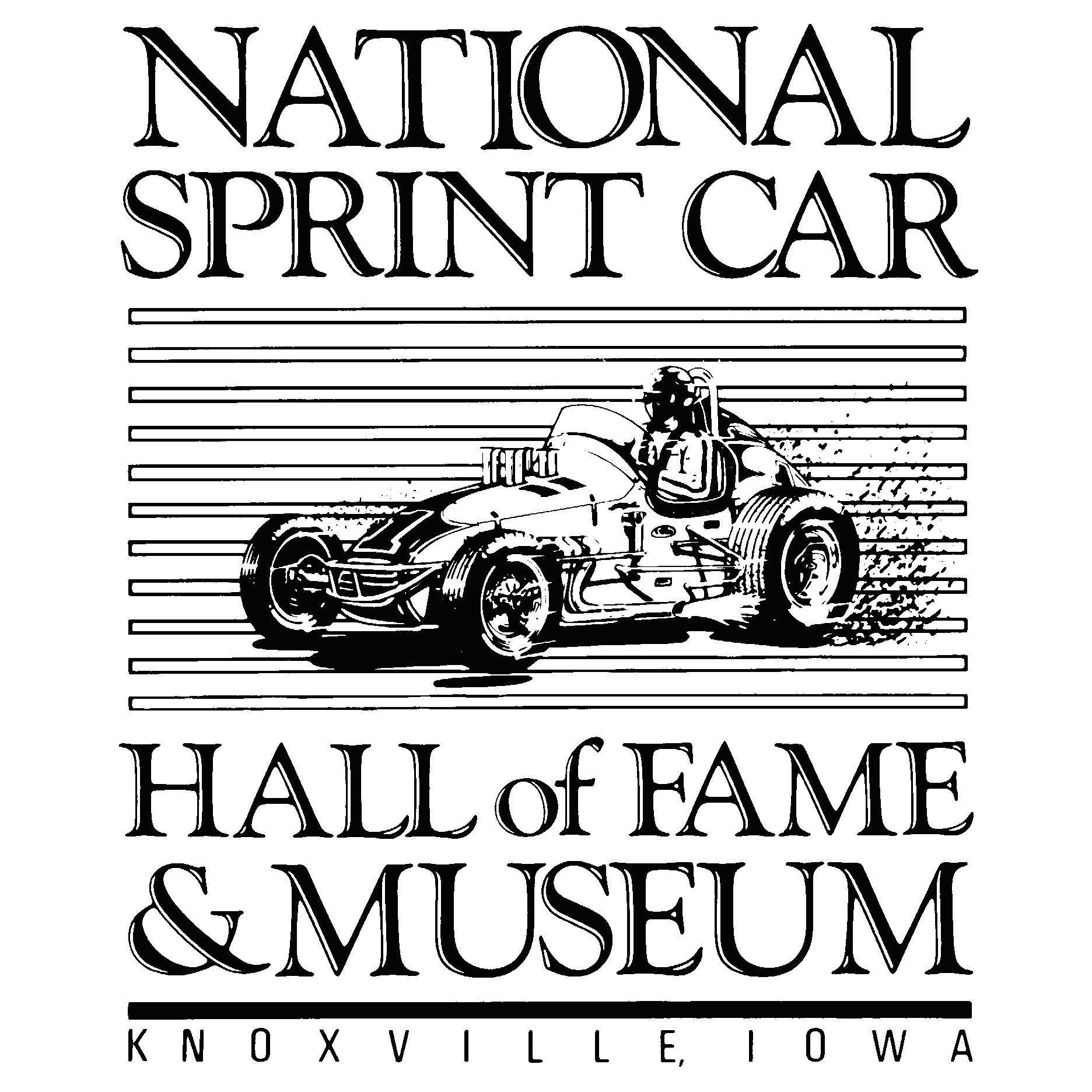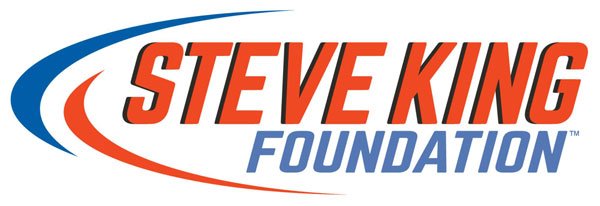Penske's Geisler reevaluates oversight procedures in wake Blaney blunder
Photo by Jared C. Tilton/Getty Images
Entering the NASCAR Cup Playoffs, the last thing Team Penske expected was to be sitting in the cellar after Southern 500 opener.
Unfortunately, Ryan Blaney started in a deficit before the green flag fell. Leaving a five-pound ballast bag in the No. 12 Ford cost the team 10 points for the penalty and the loss of crew chief Todd Gordon for Sunday’s race. Blaney was forced to start from the rear of the field.
The traditional pre-race checklists that teams review time and again don’t necessarily apply during a pandemic. Try as they may, teams are prone to mistakes that would have never come into play prior to the current procedures that are in place due to Covid-19.
“It’s a different playoff run than we’ve ever experienced, and the entire sport is kind of experiencing this in a way that we’ve never gone through before,” said Team Penske Competition Director Travis Geisler. “Your practice plans, all of the things that you would normally have in the works to try, you would normally get into each team kind of going off and trying certain things and being able to pull back together and compare notes and then figure out what you’re going to go race that weekend. That’s all happening this way on a computer somewhere talking back and forth trying to figure it out.
“That in itself is a completely different approach, but everybody has to face it and everybody is going to deal with it. I think, for us, minimizing the weaknesses and maximizing our strengths is kind of the way I look at it.
Geisler’s responsibilities were epic prior to the pandemic. Now, particularly with three drivers vying for a championship and a fourth car with Matt DiBenedetto under the Wood Brothers’ alliance, quality control has come to the forefront.
“Crazy stuff evolves and develops during this thing, and you’ve just kind of got to keep dealing with the twists and turns,” Geisler said. “It’s a remote experience, and we’re all trying to figure out how to make the most of that.
“The Playoffs are what they are. It’s crazy, and you can think you’ve got everything figured out and you’re running one-two, and then, all of a sudden, you’re in the pits at Darlington, and that’s just the way it goes.”
All three Team Penske Fords were involved in one incident or another. Joey Logano was fortunate to recover with a podium finish following a fender-bender before the final stage. Brad Keselowski hit the wall in the first stage and worked his way back to an 11th-place finish. But Blaney, who was seventh in the standings entering Darlington race, finished 24th and dropped to 16th on the Playoff grid.
“It’s a zero-mistakes game, and a big mistake was made, and the timing was probably about as bad as possible, but it’s the way it goes,” Geisler said. “It’s something everybody has to take a look at the whole program and see what happens. The cars get built without race engines in them. That’s part of the work flow because the engines don’t come until kind of right before the race team, RYE (Roush Yates Engines) is making sure they’re getting everything they can out of them, so the car is kind of set up using ballast bags because you don’t have fluids in the car, you don’t have water and fluid and all those sorts of things, so you ballast the car up.
“During that process, one bag--usually we have kind of a tray on top of the radiator, which is a normal place to put that ballast because you need the water weight that you don’t have in there. During that process, somewhere along the way, one of the five-pound bags slid down the carbon ductwork in front of it and kind of just was laying on top of the carbon ductwork. It’s a black bag with black ductwork and that’s it. That’s what it takes.”
And that’s where damage control comes in. Given the current parameters, teams are not just learning from their mistakes. They’re learning on the fly. But Geisler understands in this zero-sum game there is no margin for error when competing against Kevin Harvick or Denny Hamlin with just four drivers advancing to the Championship Round at Phoenix Raceway.
“A pretty unfortunate situation,” Geisler said. “But you go back and you look at it and you say, ‘Okay, what do we have to do different here? How do we prevent this going forward? What do we do?’ We’re moving towards a ballast bag count. Normally, guys would just add ballast bags until the car was at weight. Now there needs to be a count.
“It’s just the same as when doctors go into surgery. They know what they have, they know what tools they have so they don’t leave any in or behind. That’s the same thing we need to be doing. That’s a piece of our process that has to get tightened up. It’s one that has definitely changed through this process, because we are really trying to compartmentalize our people at the shop so the guys who are setting the cars up, the guys who are going to the racetrack with them, the guys in the assembly shop, we’re trying to keep all that as separate as possible, so that if somebody does have an issue we don’t wipe out our entire team.”
As fortunate as Team Penske is to have depth in their workforce, the lack of continuity with the shifts coming in and out can also prove problematic.
“Now when cars are getting passed from one group to the next group to the next group-- that kind of chain of custody or however you want to look at it is how we’re trying to evolve,” Geisler said. “We obviously found a hole in the system and something we need to improve. I promise you, there will be some bright orange on some lead shop bags that used to be black, and there will be some other things in place. From there, we just have to dig out.
“Unfortunately, the race was actually going fairly well. We had gotten back up to 13th, and it seemed like the car was pretty good. It was responding well to changes, and Ryan was generally happy with it. We had a pit stop where we knocked the valve stem out, so we had a flat and had to pit coming to the green and got ourselves in the back of the pack. And then one of the restarts stacked really hard and got some heavy nose damage and pushed the splitter up and that was kind of the end of the day.”
Geisler remains optimistic that Blaney can make up ground over the next two races—particularly at Bristol Motor Speedway where he has posted three top 10s and led 239 laps in his last four starts.
“It’s unfortunate when issues compound like that, but they happen and you’ve got to look at it and say Bristol has been a great track for Ryan,” Geisler said. “He’s been really fast there. We know we’ve got that one circled, and you look at Richmond is one where maybe we haven’t been so great, so we’ve our work cut out for us. That’s one we were hoping to not have to go and run right up in the top five with him, but that’s’ what we’ve got to go do.
“He knows what he has to do and the team does, so sometimes most championship runs or people who make it deep in, at some point in that process they’ve had a bad race, they needed a mulligan, they had a disaster. It’s just one you’ve got to overcome.”

.png)





